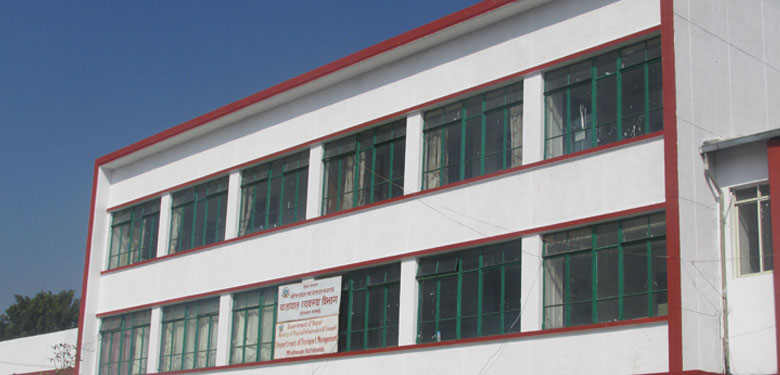Govt hikes transport fare, rolls it back
Kathmandu, June 13
In a clear display of lack of coordination between government agencies while making decisions and that policies are often announced without enough groundwork, the announcement made around noon that public transportation fare was going up by as much as 20 per cent was rolled back by the evening.
Citing the rise in recent months in the price of fuel and other non-fuel components that are taken into consideration while determining public transportation fare, the Department of Transport Management (DoTM) had announced today that public commuting would be dearer by 20 per cent effective from Sunday. However, less than six hours later, the department issued another notice citing that the earlier decision has been postponed until further notice.
Following DoTM’s decision to raise public transportation fare, the government had been subject to criticism, especially in social media networks. Economists and consumer rights activists had earlier said that rise in public transportation fare would raise price of commodities in the market and push up the inflation rate.
Devendra Karki, secretary at the Ministry of Physical Infrastructure and Transport (MoPIT), informed that the plan to review public transportation fare was postponed as DoTM’s decision lacked enough groundwork.
Had the government actually implemented its earlier decision, public vehicle commuters in cities, including Kathmandu Valley, would have had to pay a minimum fare of Rs 17 (for travel of up to four kilometres) and maximum of Rs 32 (for travelling more than 19 kilometres) from Sunday. At present, public vehicle commuters have to pay a minimum fare of Rs 14 and maximum fare of Rs 27 within city area.
Also, for long-route travel, commuters would have been obliged to pay 20 per cent more fare on the currently applicable transportation fare.
Similarly, DoTM had announced that the flag down fare on taxi rides would be raised from Rs 14 to Rs 50. A flag down fare is the minimum amount that a passenger has to pay for a ride. This meant that taxi riders would have had to pay Rs 50
for rides of up to one kilometre. After the initial one-kilometre ride, taxi commuters would have had to pay Rs 8.8 for every 200 metres travelled.
“It was not a mature decision from DoTM, which is why we postponed it. Hiking transportation fare, even if is rational, will always be unpopular and thus needs to be studied and handled properly,” said Karki.
DoTM officials, on the other hand, were not available for comments despite repeated attempts made by The Himalayan Times.
Meanwhile, transport entrepreneurs said that the government had neither informed them regarding the fare hike nor the decision to roll back the decision.
“We came to know about both the decisions from the media and we were not even called for a meeting at the department for consultation in both cases,” said Saroj Sitaula, general secretary at the Federation of Nepal National Transport Entrepreneurs.
Under pressure from transport entrepreneurs, the government had raised public transportation fare by 10 per cent in September last year.






